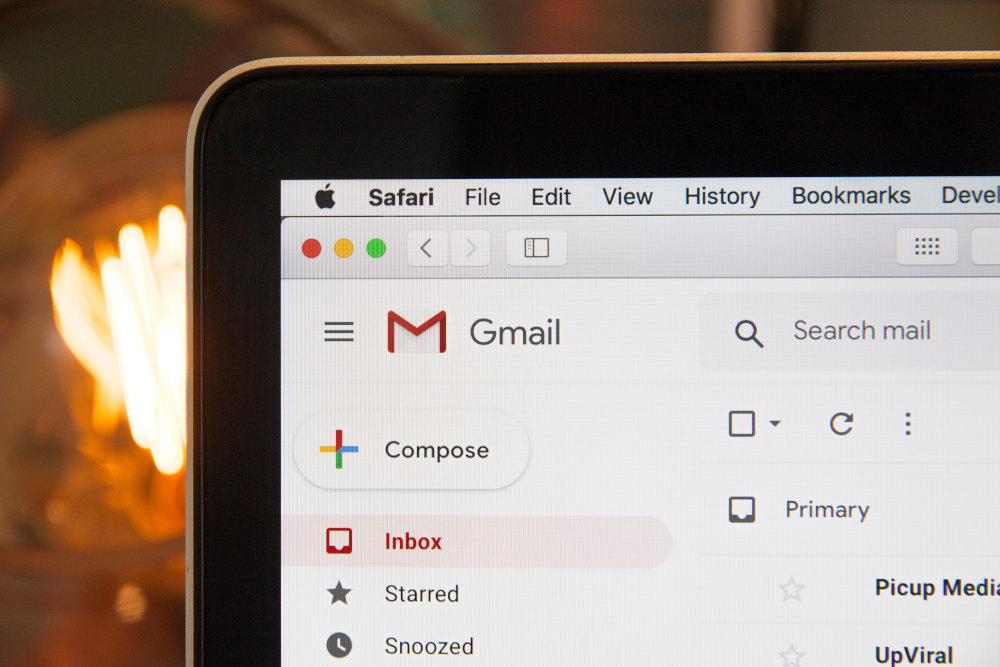just how many messages you are sending each week. It is also disconcertingly common to overlook how much important or sensitive information those emails contain.
Email encryption, once properly understood and adopted, is a useful tool to keep you safe while you’re carrying out daily business communications.
How does encryption help?
Encryption is a proven and effective way of protecting the contents of your emails, whether that is sensitive information, private data or anything else you don’t want to be read by unauthorised parties.
Messages are locked – encrypted – when they are sent and remain that way until they are decrypted by the receiving party. This prevents hackers from accessing the contents of your messages. This is particularly useful at the moment, with more people working from home and using potentially unsecured servers.

What to encrypt
On the surface it may seem the easy and obvious option to encrypt only emails that hold information you don’t want to be read by others. If you are only sending a business email saying, “Thank you for your time,” why bother encrypting it?
Only encrypting certain messages is a flashing light to hackers. If 90% of the emails you send aren’t encrypted and the others are, it is obvious you’re hiding information in those particular ones.
Encrypting all of your messages gives you blanket coverage and doesn’t highlight certain emails to those who might wish to hack into them. You should also encrypt the connection from your email provider – to stop others on your network from intercepting information – and all of your stored, archived or cached messages.
Does it need to be done manually?
No, it does not. Security providers like Proofpoint operate an automatic encryption system, meaning users don’t need to manually encrypt messages to send and receive them safely. This type of encryption just happens in the background, so not only is your business benefitting from heightened security, but with fast, automatic encryption, workers are also relieved of the stress of doing it manually and have more time to dedicate to other tasks.
Benefits to business
Encrypting emails helps a business protect its own data, its employees’ data and any forms of confidential documentation it might be sending to partners or staff. Having encrypted messages means a business can work in confidence and, in turn, more efficiently, without worrying about hackers or leaks.
Some businesses are required to adequately protect their information by law, especially those who store a lot of personal data such as those in healthcare, meaning encryption helps compliance with legal regulations.
Managing email encryption
Constantly reviewing your encryption service is essential, as you must ensure it remains appropriate and compliant with regulations. Using professionals in encryption is useful, as is regularly checking the guidance from national bodies on data protection.
You should also use encryption alongside other security measures. Encryption provides excellent protection of your email communications, but it should form part of the solution alongside other cybersecurity policies.

